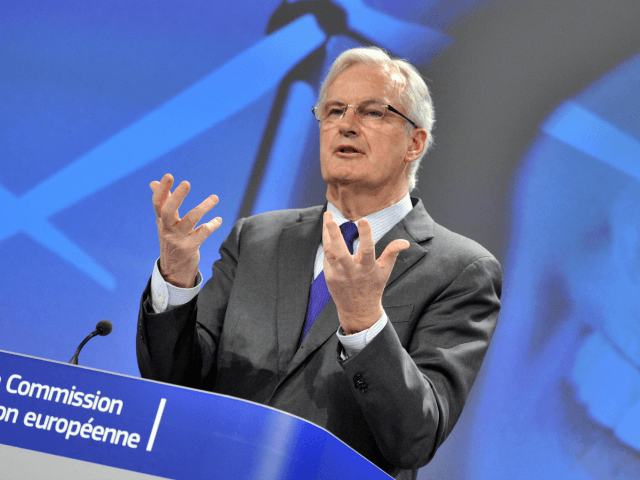The EU’s chief trade negotiator Michel Barnier has said that he did not like David Frost’s “tone” when the British negotiator called for Brussels to ditch its “low-quality” deal offer.
On Tuesday evening, Mr Frost had sent a letter to Barnier in which he criticised the EU for failing to deal with the UK as a partner on equal terms and for offering arrangement worse than those presented to other international trade partners. He said demands for continued regulatory alignment and accepting the oversight of the European Court of Justice were not provisions that “any democratic country could sign”.
In response, Mr Barnier wrote in a letter on Wednesday saying that the UK “cannot expect high-quality access to the EU Single Market if it is not prepared to accept guarantees to ensure that competition remains open and fair”. On Tuesday, Mr Frost had said the UK had already agreed to regulations on a par with those made between the EU and Canada.
The former French minister continued that successful negotiations for a free trade agreement between the two parties can only be completed “if tangible and parallel progress is made across all areas of negotiations”, signalling the UK must commit to further restrictions to ensure a “level playing field”. Such limitations would prevent Brexit Britain from becoming too competitive in the region. The Frenchman, whose country benefits massively from access to Britain’s lucrative fishing waters, also demanded “sustainable and long-term arrangements on fisheries”.
He added: “I would not like the tone that you have taken to impact the mutual trust and constructive attitude that is essential between us.”
UK Slams EU’s ‘Low-Quality’ Deal that No ‘Democratic Country Could Sign’ https://t.co/8BmiDXnmsT
— Breitbart London (@BreitbartLondon) May 20, 2020
Talks are set to resume in early June, and relations between the two sides has been strained, with the EU pressuring for more concessions from the United Kingdom in exchange for a free trade agreement. Mr Frost had said on Tuesday that Brussels’ offer “contains novel and unbalanced proposals which would bind this country to EU law or standards”.
“What is on offer is not a fair free trade relationship between close economic partners, but a relatively low-quality trade agreement coming with unprecedented EU oversight of our laws and institutions,” Mr Frost said.
By contrast, early trade negotiations between the UK and U.S. were said to be progressing in a “positive and constructive” manner.
The UK officially left the EU on January 31st, 2020, and remains in a transition period, during which time the UK continues to abide by EU regulations while the two parties thrash out a new trading relationship.
If the UK does not agree on a deal with the EU, the country will begin trading with the bloc on World Trade Organization (WTO) terms at the end of the transition period on December 31st, 2020. If British negotiators deem sufficient progress not to have been made by next month, the UK will pull out of talks and spend the remaining six months preparing for a WTO relationship.
The UK has already restarted no-deal planning, according to the government.
Free from EU Rules, UK Can Make Imports Cheaper Under Post-Brexit UK Trade Global Tariff Structure https://t.co/YmHOePdeYx
— Breitbart London (@BreitbartLondon) May 19, 2020

COMMENTS
Please let us know if you're having issues with commenting.